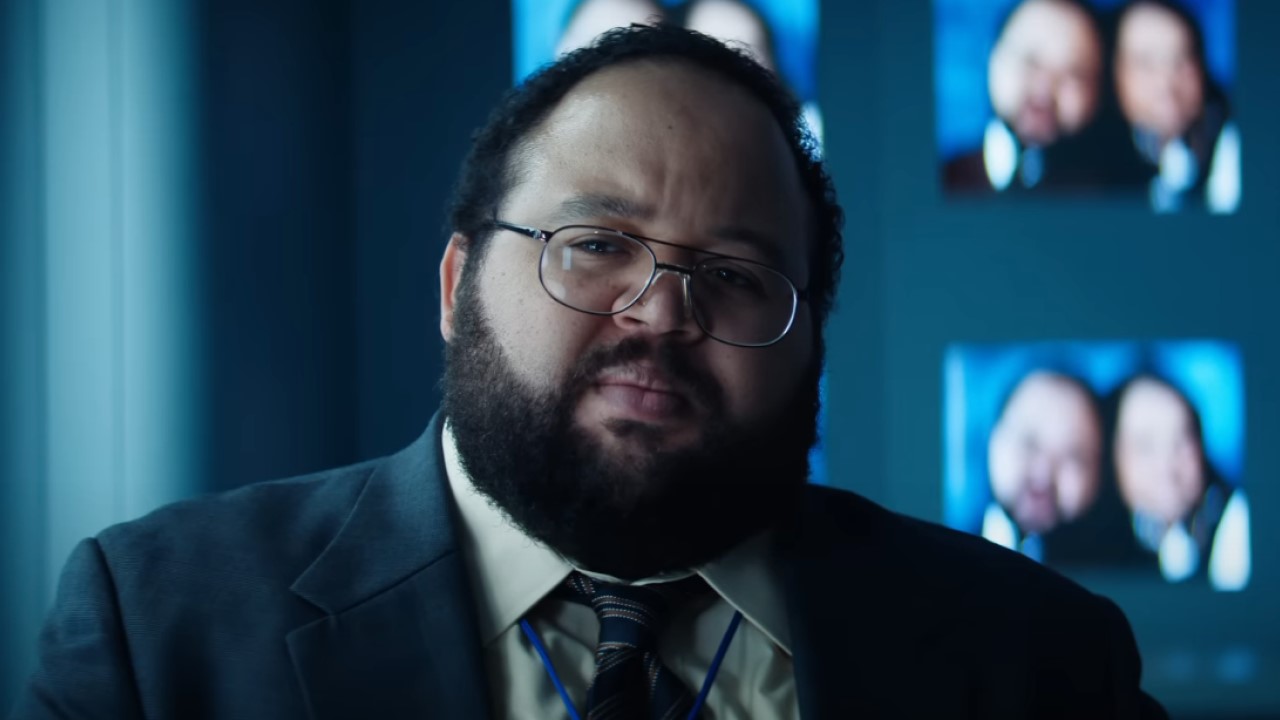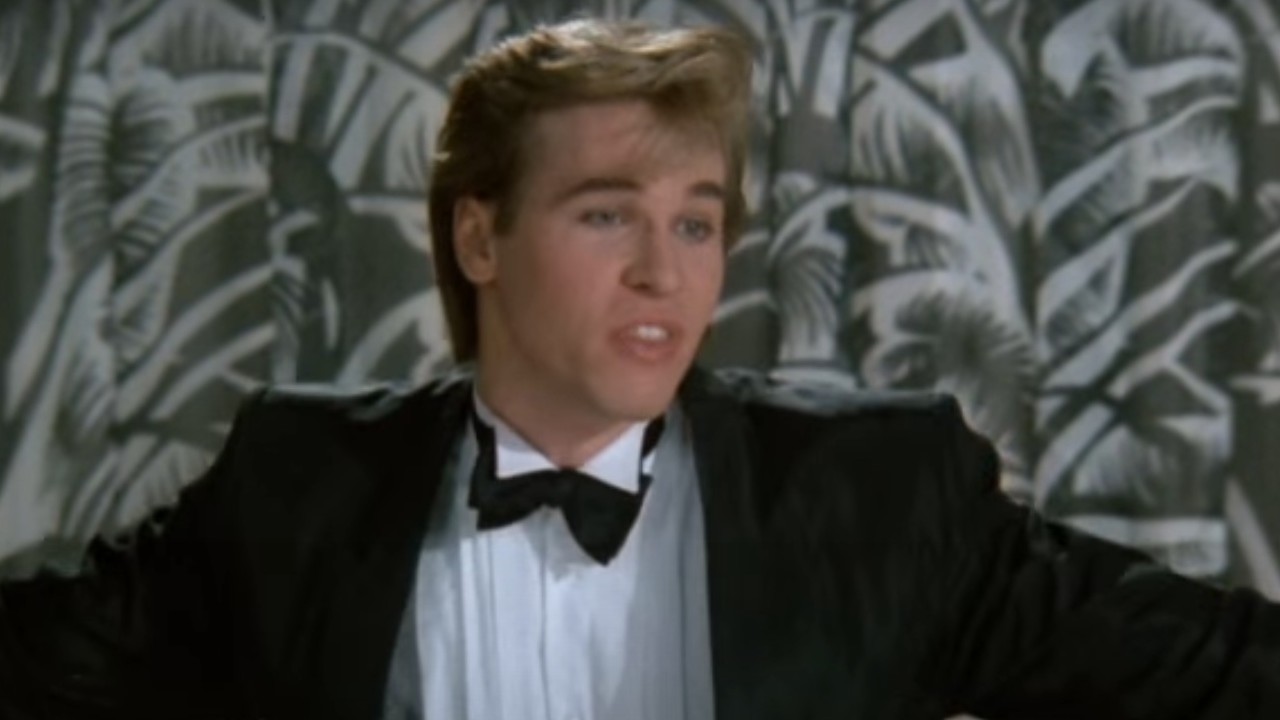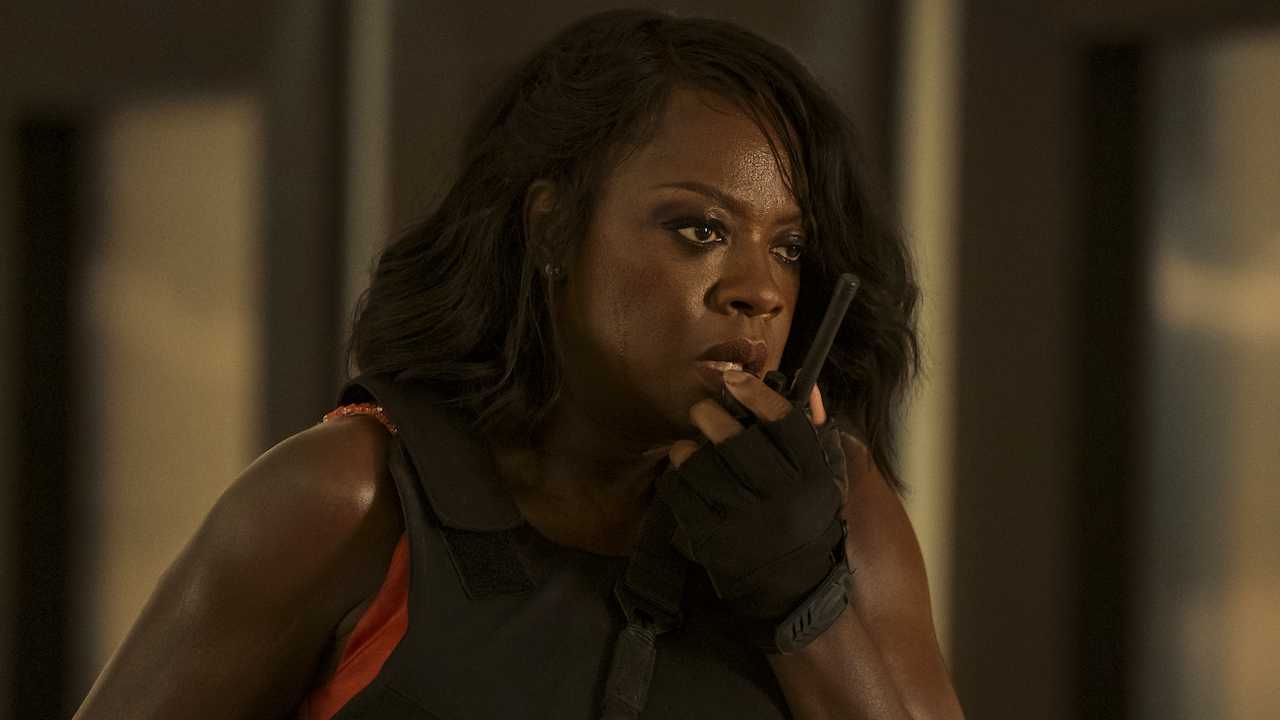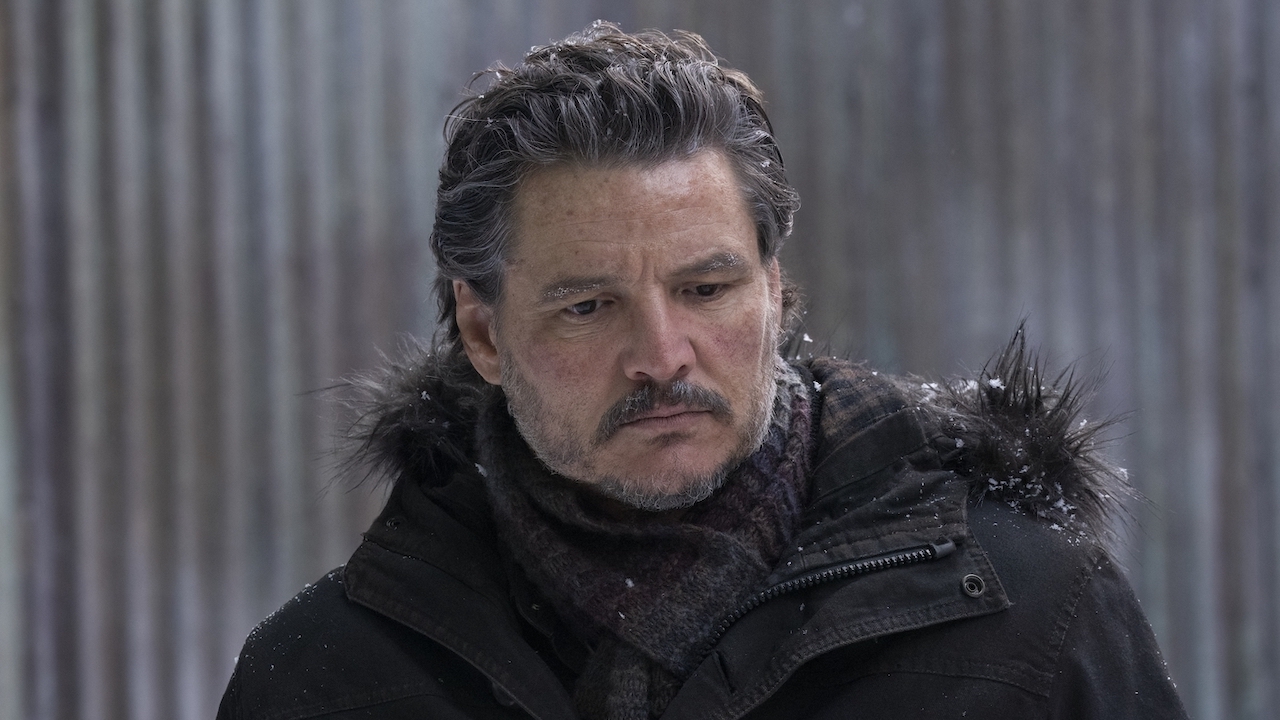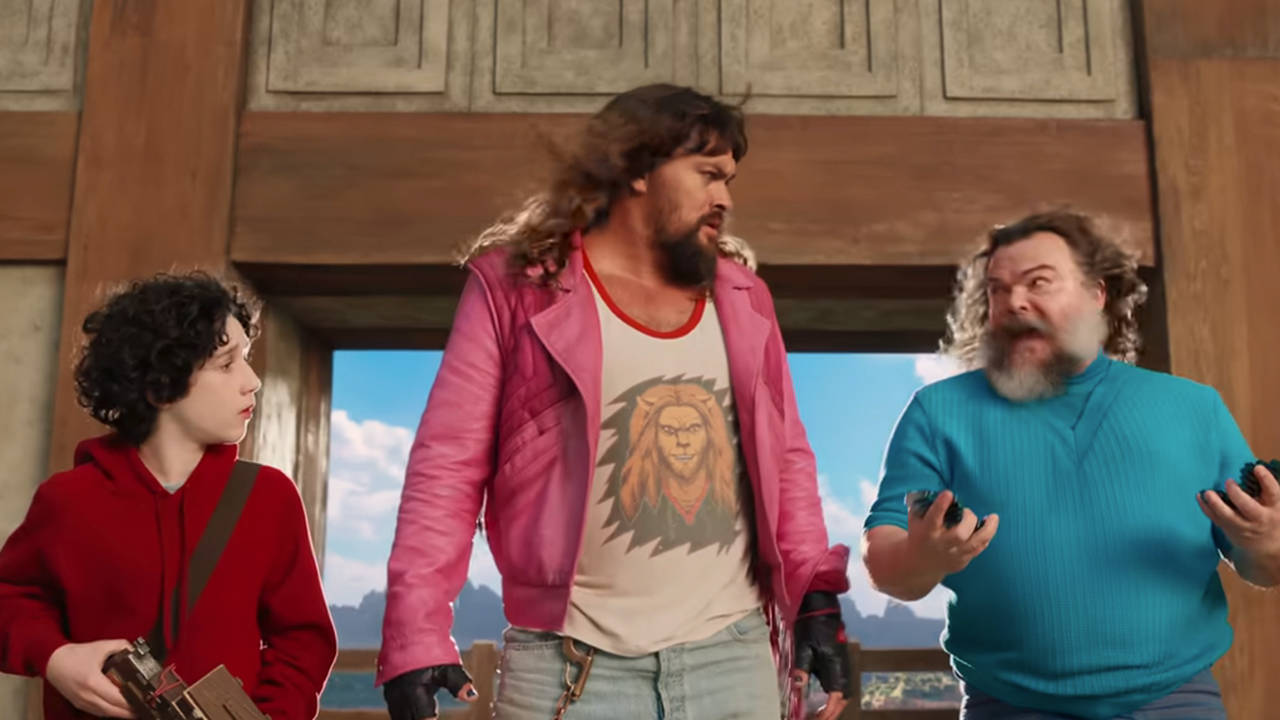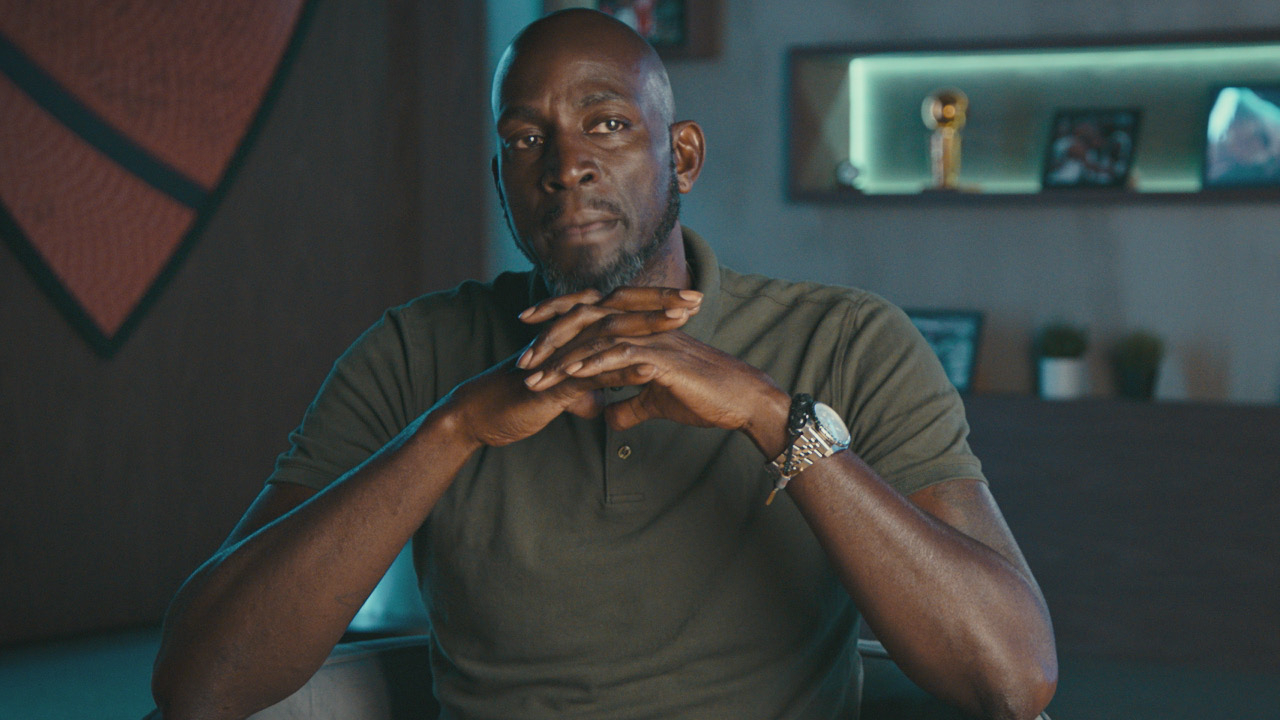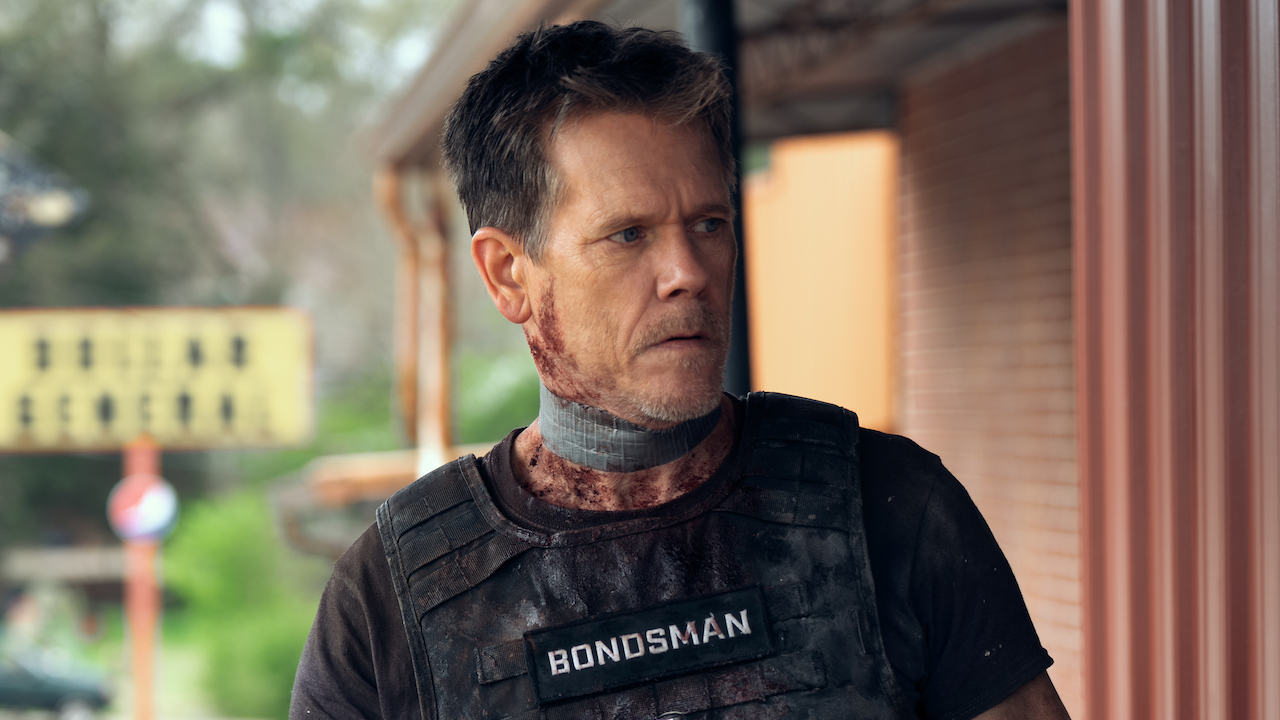The Imitation Game: 9 Behind-The-Scenes Facts About The Benedict Cumberbatch And Keira Knightley Favorite
Benedict Cumberbatch went through a lot to imitate Alan Turing
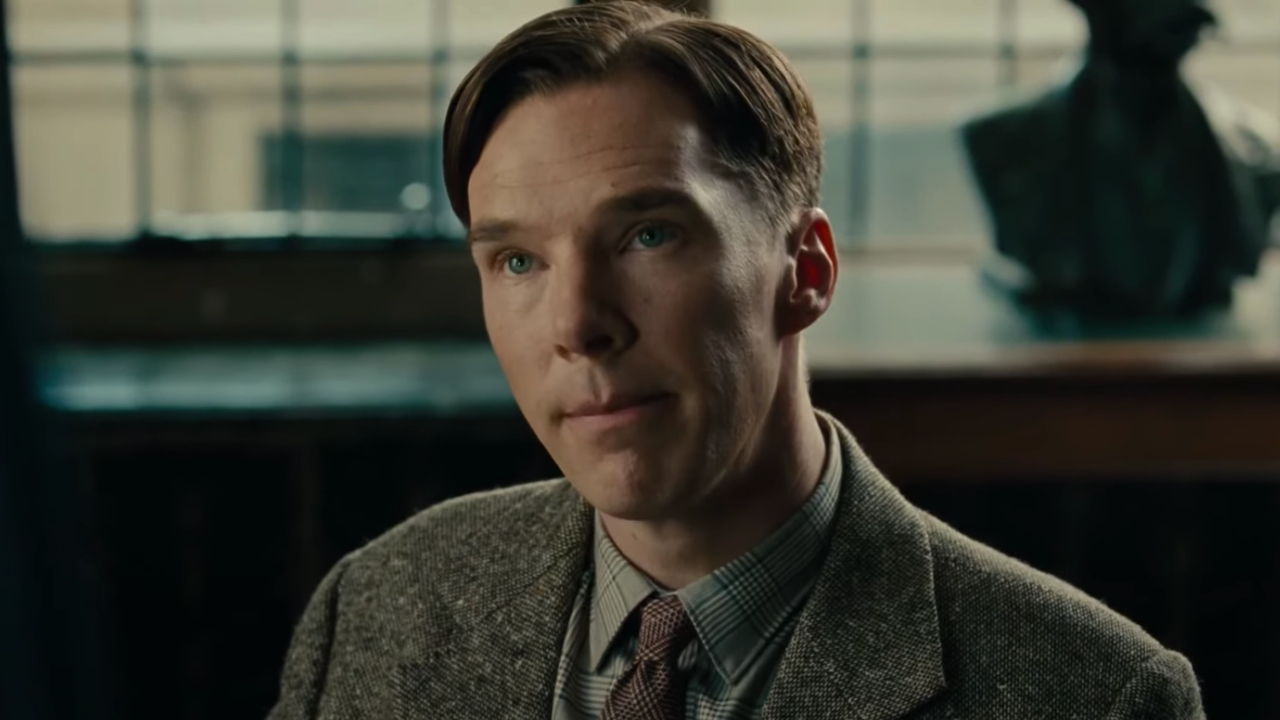
There have been so many World War II movies over the years that, at this point, they could be their own genre, up there with epic military dramas and grim and gory action flicks. But the 2014 historical drama, The Imitation Game, starring Benedict Cumberbatch and Keira Knightley, took a different approach to the sprawling conflict with a more intimate, yet significant, drama about a mathematician and his team who helped end the war hundreds of miles from the frontline.
As part of our ongoing partnership with Plex, where you can watch The Imitation Game streaming for free, we have gone through and found some of the most interesting behind-the-scenes facts about the making of the movie that shed further light on the brilliant life and tragic ending of Alan Turing.
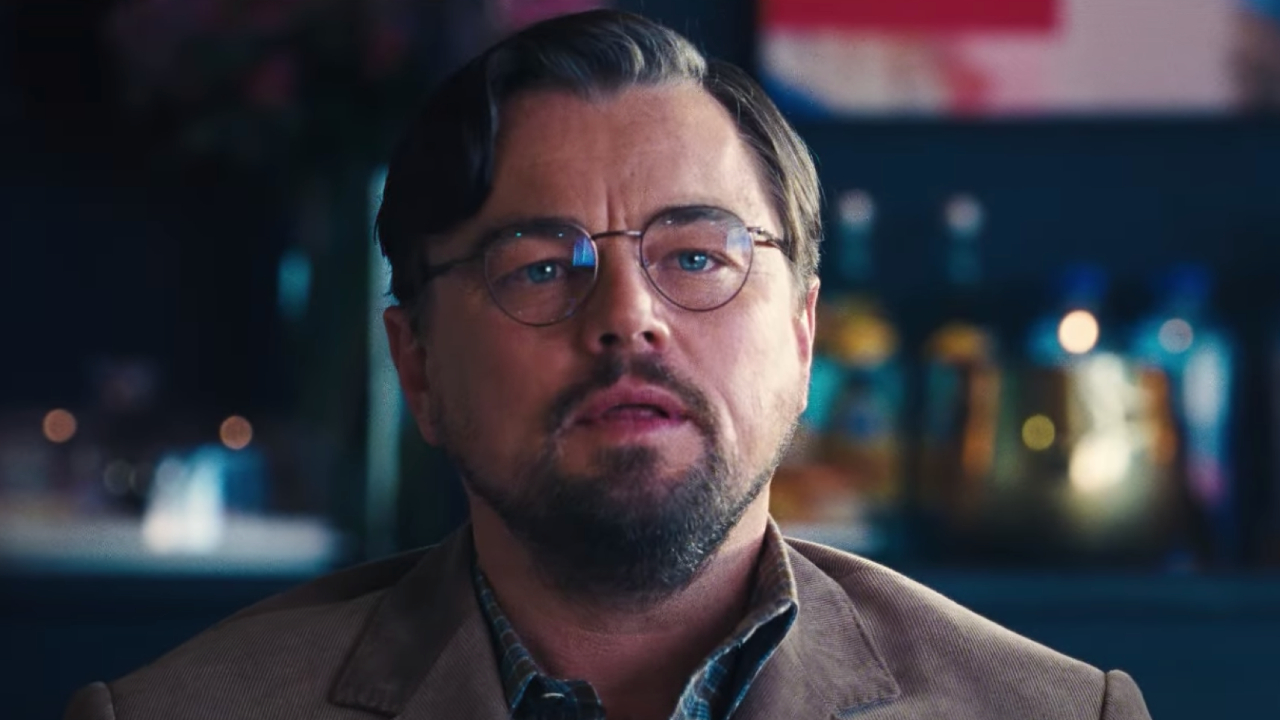
The Imitation Game Was Initially A Warner Bros. Project With Leonardo DiCaprio As Alan Turing
In the wake of the release of The Imitation Game, Benedict Cumberbatch was nominated for an Academy Award, a Golden Globe, and various other accolades for his portrayal of Alan Turing during his attempt to break German Enigma, but the movie was originally going to have a much different actor in the lead role. In October 2011, Deadline revealed that Leonardo DiCaprio was in the running to play the tortured codebreaker.
At the time, Warner Bros. was in the running to release the film after buying the spec script from screenwriter Graham Moore in the seven-figure deal that would have seen Ron Howard in the director’s chair if it would have picked up steam. But as we all know now, this wasn’t in the cards as Cumberbatch would go on to play the tormented figure.
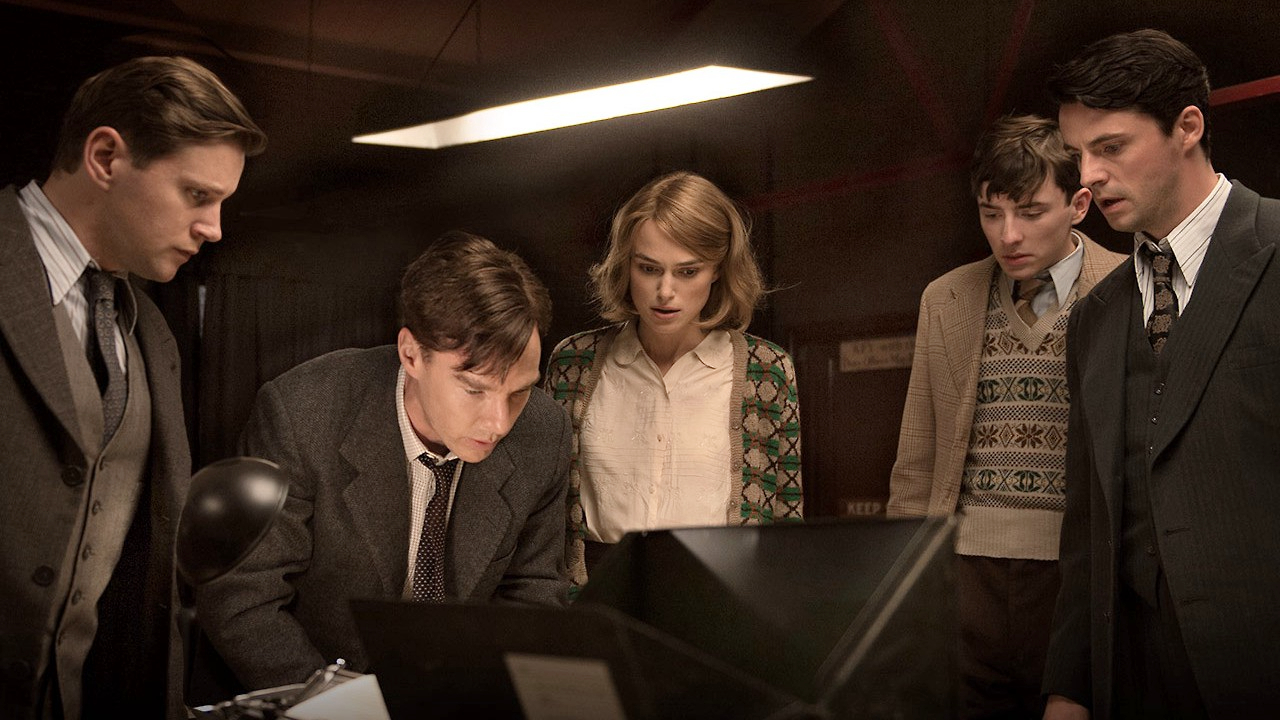
The Imitation Game’s Producers Wanted A British Director But Changed Their Tune After Meeting Morten Tyldum
With The Imitation Game being a very British movie (it’s set in England, features a predominantly British cast, and centers on Britain’s plan to crack the German code), it’s understandable that the film’s producers wanted a British director to helm the project. In an interview around the film’s release, producer Teddy Schwarzman told Collider that he and his co-producers said it would be appropriate to have a British director on board, but then they were contacted by Norwegian filmmaker Morten Tyldum, who really wanted to take on the project.
In the span of a couple of days, the producers watched Tyldum’s movie Headhunters, met with the director over Skype, and offered him the job, which he took. Schwarzman said the team was so blown away by his vision and thoughts on the film (and Alan Turing) and decided to take a chance.
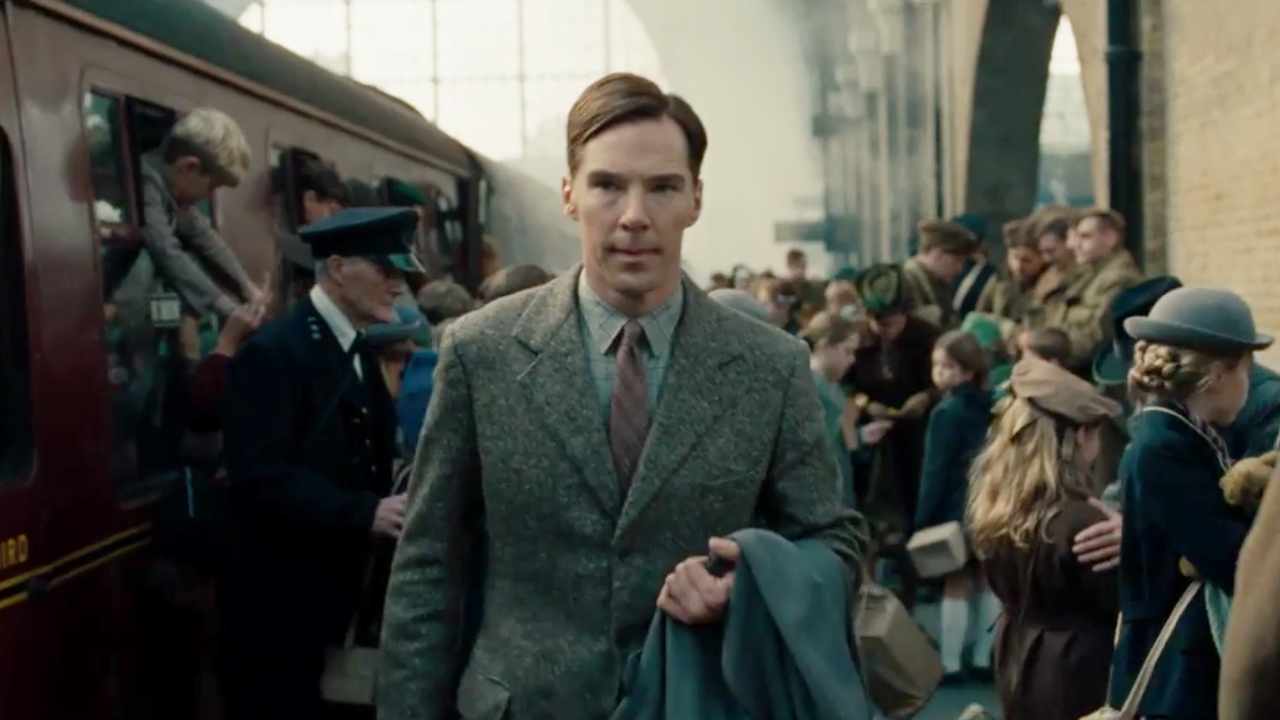
Director Morten Tyldum And Benedict Cumberbatch Had To Come Up With Alan Turing’s Voice And Mannerisms
So much of Alan Turing’s life has either been made classified information (due to the nature of his work during the war) or was left out of the history books, partly due to him being ostracized for being homosexual. That being said, the production team had to fill in the missing pieces themselves going off only descriptions of the historical figure, and by the way Morten Tyldum made it sound in a 2014 interview with NPR, it was quite the process:
CINEMABLEND NEWSLETTER
Your Daily Blend of Entertainment News
I put aside three weeks of rehearsal, which is now getting rarer and rarer to actually have that. And we were able to really explore these characters and really find the voice of Alan Turing and try to create him because there's no recordings of him. Nobody knows how he talks. Nobody knows how he moves. There's only, you know, just descriptions of him. So we had to sort of, like, piece him together.
And all the hard work by Tyldum and star Benedict Cumberbatch paid off, as Turing’s family commended the actor for his portrayal following its opening at the British Film Festival in 2014.
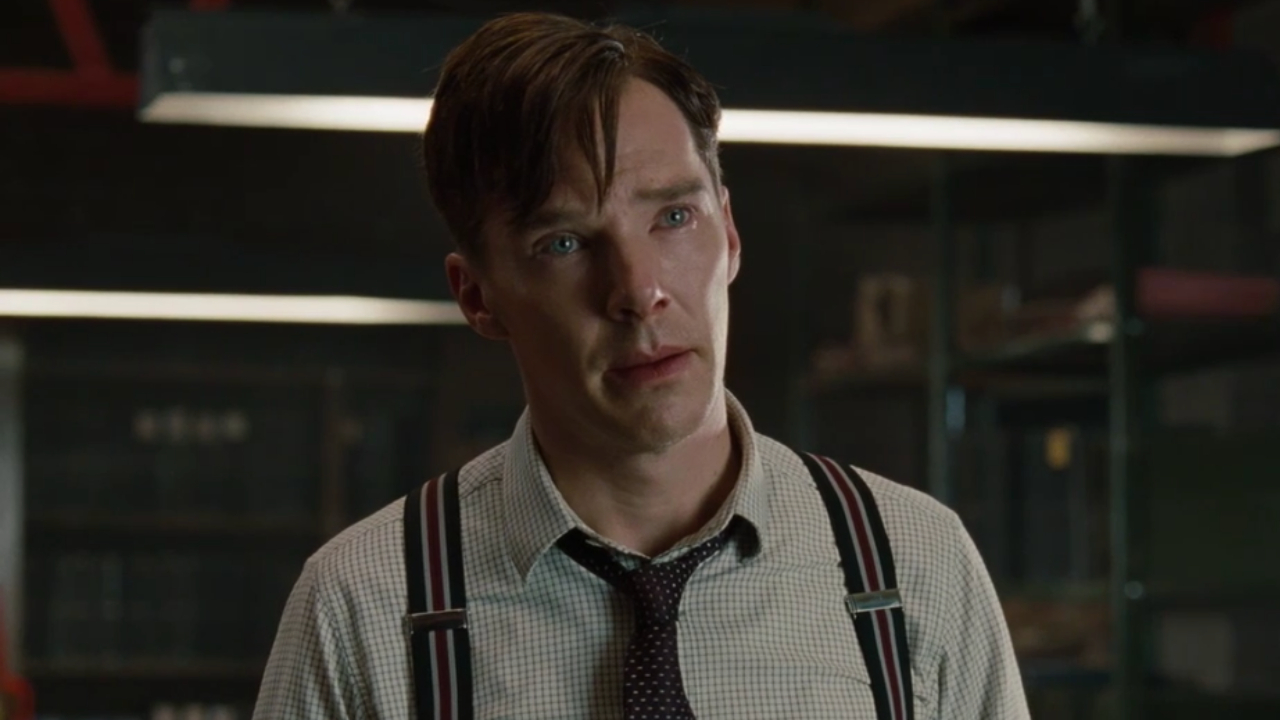
Benedict Cumberbatch Channeled His Own Experiences As An ‘Outsider’ When Preparing For The Role
Despite being a genius who was capable of achieving great things and being proud of his work and intellect, Alan Turing was by all accounts a socially awkward person who had difficulty with personal relationships. In order to properly portray these aspects of Turing’s character in The Imitation Game, Benedict Cumberbatch turned to biographies and interviews with those who knew the man, but also from his own personal life.
In a 2014 interview on NPR’s Fresh Air, Cumberbatch explained that he understood the character of Alan Turing after thinking back to his own “vague experiences of being an outsider” and examples of awkwardness throughout his life.
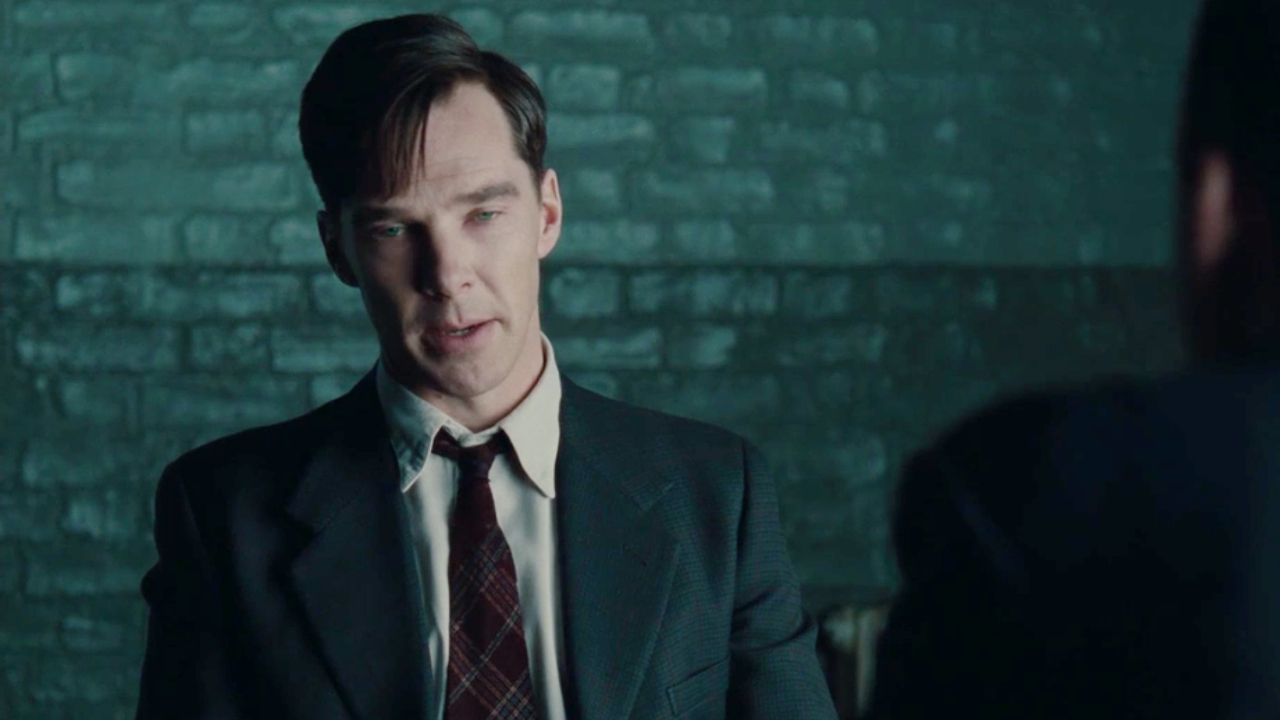
Benedict Cumberbatch Dyed His Hair And Wore Fake Teeth To Look More Like Alan Turing
Benedict Cumberbatch’s research before filming began on The Imitation Game also included a lot of physical work to make him look and sound like Alan Turing as much as possible. When speaking with Backstage Magazine in 2014, Cumberbatch revealed that he wore fake teeth and changed his hair to look more like the man. On top of that, Cumberbatch also began to sit like Turing to get a feel for his physicality, a process that also included taking up long-distance running due to Turing’s love of marathon running.
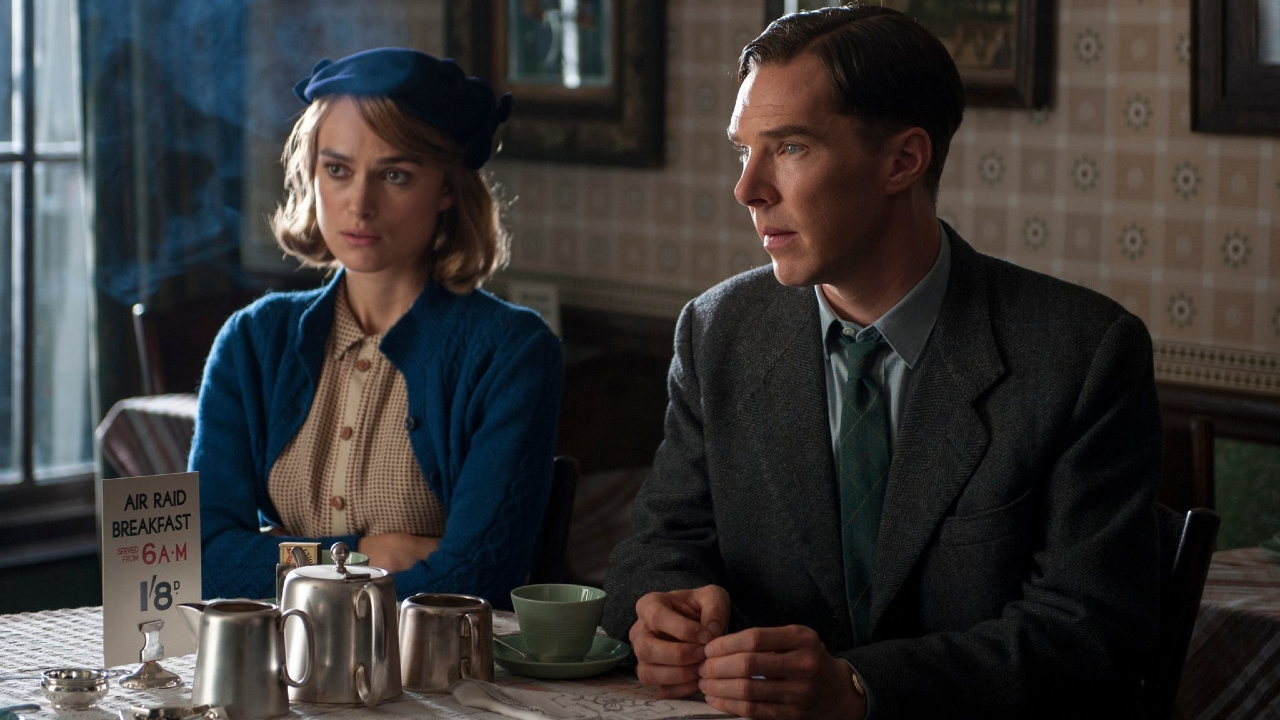
Screenwriter Graham Moore Channeled A Letter From James Bond Creator Ian Fleming To Build The Alan Turing Character
It has been said before but a lot of what Alan Turing and his team accomplished during World War II has been kept secret over the years due to the nature of their work, and so screenwriter Graham Moore was forced to be creative when it came to building the narrative that played out in The Imitation Game. One of the more fascinating ways the Academy Award-winning writer went about this was to read through a letter from Ian Fleming, the man who would write the James Bond novels that would one day turn into one of the biggest spy movie franchises of all time.
During a Q & A session (via Polygon) following a January 2015 screening of The Imitation Game, Moore revealed that while conducting research he found letters from Fleming (who was working with MI6 at the time) that showed a side of Turing he hadn’t seen in biographies. Basically, Fleming was writing fake spy stories to confuse the Germans, but Turing scoffed at the ideas and rejected them for one reason or another. This letter and others like it, helped Moore build a more three-dimensional character for the movie.
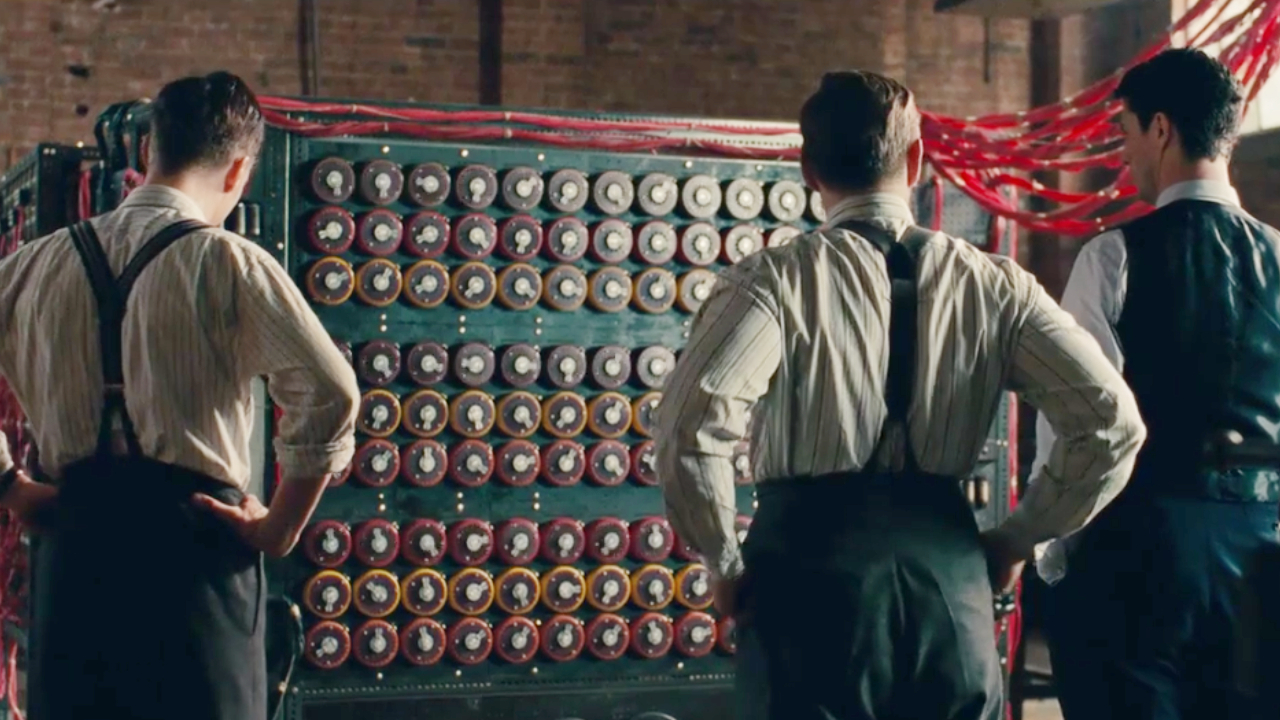
The ‘Christopher’ Code-Breaking Machine Was A Near-Replica Of The Original But With A Few Additions
The “Christopher” code-breaking machine, which was named after Alan Turing’s best friend and love interest in The Imitation Game, was a near-replica of the machine the real-life mathematician built during World War II, but set production designer Maria Djurkovic did make some changes for the sake of the audience. In a 2014 Wired article breaking down machine, which was based on the “Bombe” invention, it was revealed that Djurkovic and her team made “Christopher” open-able so that the audience could get a better look at Turing’s creation. In addition to that, the production team also installed massive red wires in order to make it look like blood running through its veins.
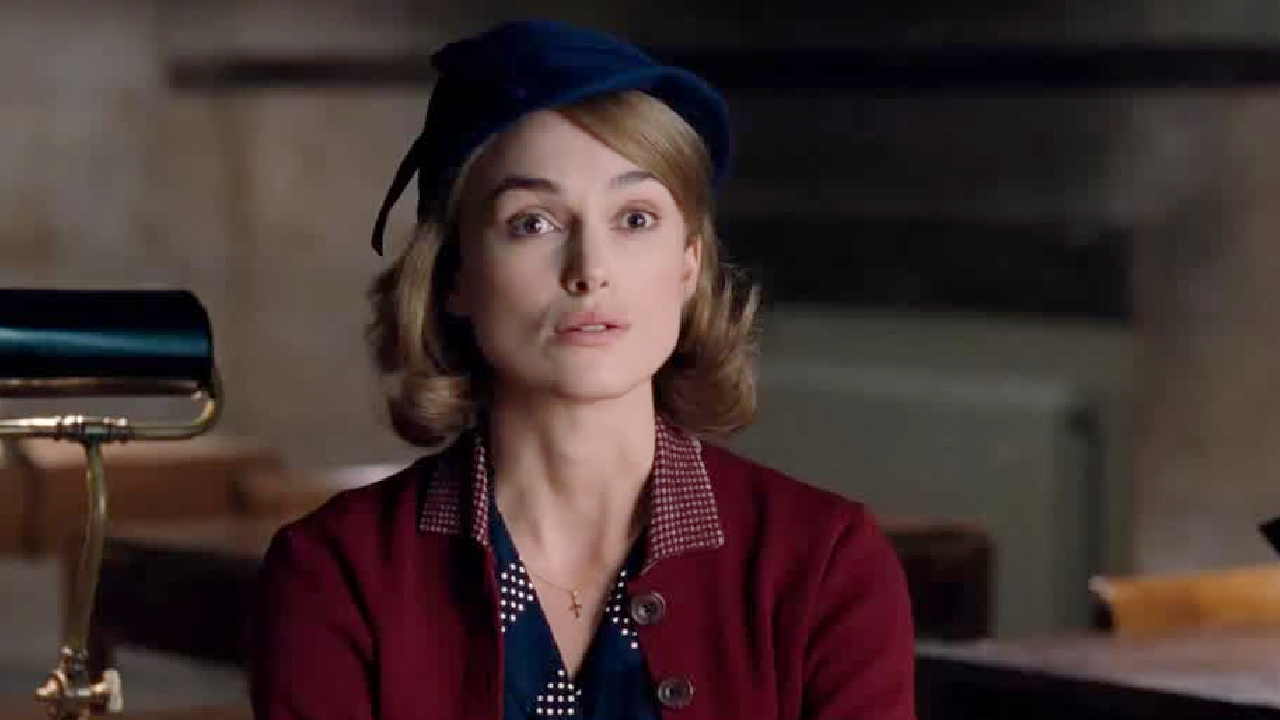
Keira Knightley Had Been Enamored By Alan Turing For Years Before She Was Offered A Role In The Intimidation Game
Whenever discussing the best Keira Knightley movies, The Imitation Game is always one of the first to come up considering her strong and poignant portrayal of Joan Clarke. But another reason could be how much Knightley was invested in Alan Turing’s story even before the project was announced, as she revealed to Collider:
I read an article about five years before, and gone ‘How on Earth do I not know more about this person and why have I never heard of this before and why is he not a British hero and why isn’t he a complete gay icon? I think as soon as it came through I was like this just feels sort of as a British person very important to tell. I wanted to be a part of it.
And Knightley’s obsession with Turing’s story paid off as the actress was nominated for an Oscar and Golden Globe, among other accolades, for her performance.
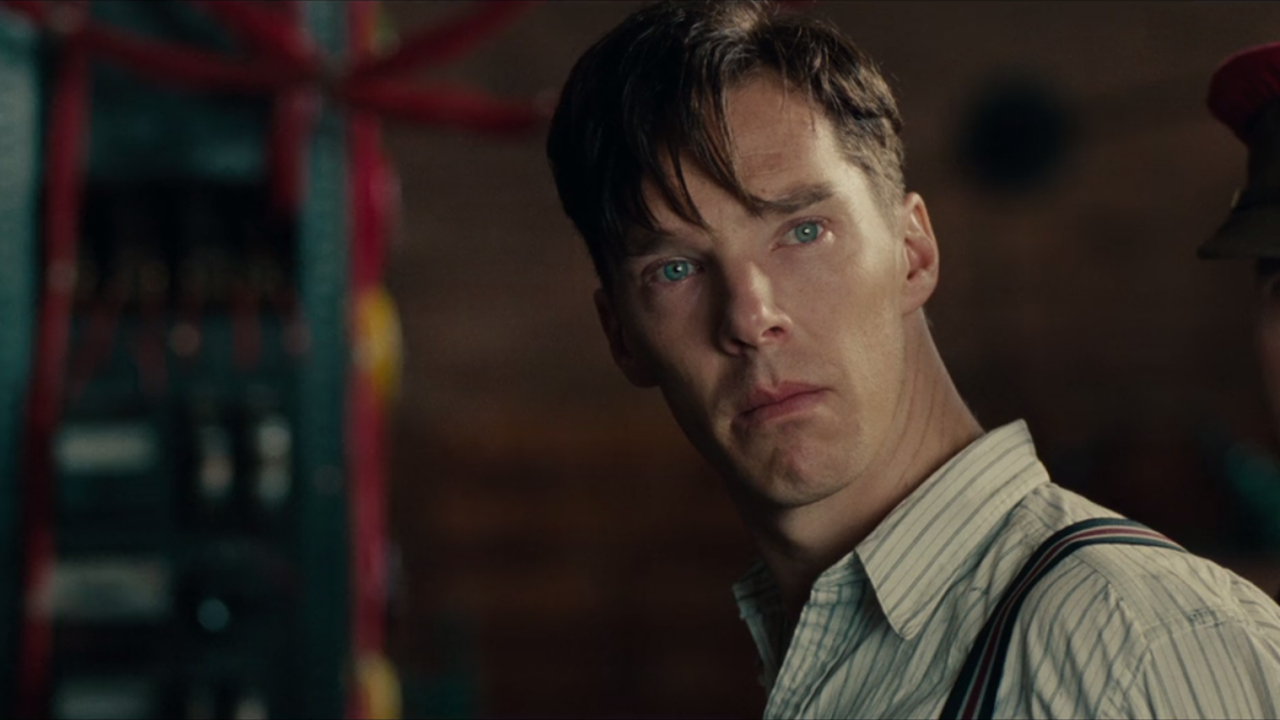
Alan Turing’s Suicide Scene Was Filmed But Was Ultimately Cut
The version of The Imitation Game that was shown in theaters alluded to Alan Turing’s 1954 suicide, but the actual act of self-poisoning and the aftermath was never shown. During an interview with The Hollywood Reporter, Benedict Cumberbatch revealed that director Morten Tyldum shot a scene showing a police officer entering Turing’s house and discovering his body, the cyanide solution, and half-bitten apple, but everyone felt it was better to leave it on the cutting room floor.
In the same interview, Cumberbatch did reveal that he left a subtle hint at Turing’s fate in one of the movie’s final scenes when he looked at the “Christopher” machine, smiled and said something to the effect of “I’m coming to see you now.”
Hopefully these behind-the-scenes facts from the making of The Imitation Game make you want to revisit the thrilling and emotional period drama. If you want to check it out for the first time in years, or the first time entirely, you can do so as The Imitation Game is streaming for free on Plex.

Philip grew up in Louisiana (not New Orleans) before moving to St. Louis after graduating from Louisiana State University-Shreveport. When he's not writing about movies or television, Philip can be found being chased by his three kids, telling his dogs to stop barking at the mailman, or chatting about professional wrestling to his wife. Writing gigs with school newspapers, multiple daily newspapers, and other varied job experiences led him to this point where he actually gets to write about movies, shows, wrestling, and documentaries (which is a huge win in his eyes). If the stars properly align, he will talk about For Love Of The Game being the best baseball movie of all time.
